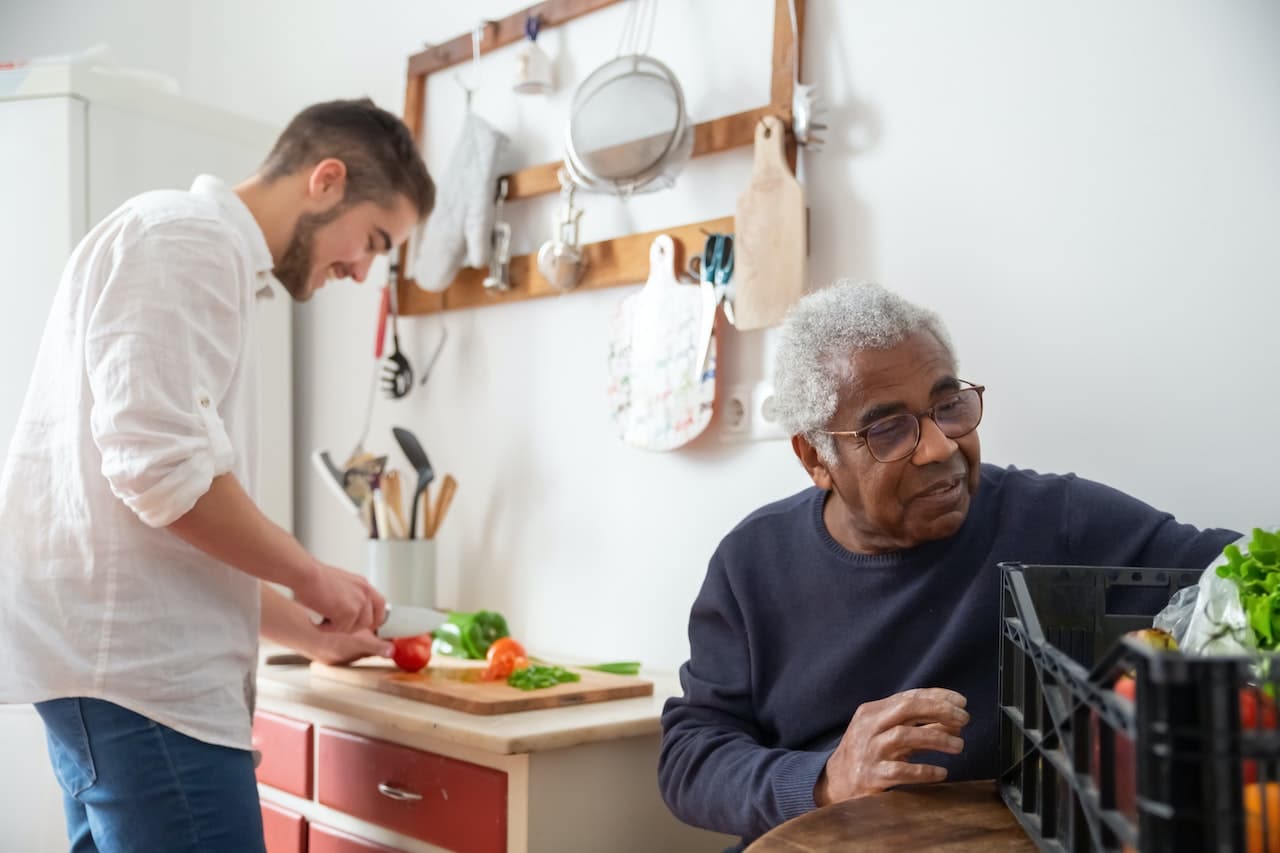As our senior loved ones age, they may need additional assistance with everyday tasks and activities that they once handled independently. This can be a difficult transition for both your loved one and yourself, but you don’t have to do it alone.
Many families choose to hire in-home care services, providing a trained professional to help with activities such as meal preparation, transportation, and even companionship. Here’s what you need to know about home care assistance for your loved one.
Signs Your Loved One Needs In-Home Care
The signs that your loved one may need at-home care will vary from individual to individual, as each person has different physical and emotional needs. However, here are a few common indications that your loved one may benefit from additional assistance:
1. Increasing Care Needs
Your loved one’s care needs are increasing and you feel like you cannot adequately meet them.
2. Loneliness and Depression
Your loved one is becoming lonely or depressed, possibly due to a lack of social interaction.
3. Medication Management Issues
You notice that your loved one is missing doses of their medication.
4. Limited Transportation
It’s no longer safe for your loved one to drive, or they are having difficulty with transportation.
5. Meal Preparation Challenges
Your loved one is struggling to prepare meals for themselves.
6. Difficulty With Daily Tasks
Your loved one is falling behind on daily tasks and chores, such as laundry and housekeeping.
7. Recovering from Injury
Your loved one is recovering from an injury or illness and needs additional support during the recovery process.
If you recognize any of these signs in your loved one, it may be time to consider home care assistance.
How In-Home Care Can Support Your Family
As you consider the next phase of your loved one’s journey, you’re probably feeling a good amount of apprehension and uncertainty. To help you along these next steps, we’ll discuss how home care assistance could provide additional support for your family.
- Personalized Attention and Comfortable Living Environment: In-home care provides personalized attention that is tailored to meet the individual needs of your loved one.
- Familiar Surroundings: The caregiver visits regularly and can be there when needed, providing a level of familiarity with their surroundings that cannot be matched elsewhere.
- Promotes Independance: In-home care allows your loved one to remain independent as long as possible.
- Support for Caregivers: Home care assistance can provide invaluable support for you, the caregiver. Your own health and well-being are just as important in caring for your loved one.
How to Start the Conversation About In-Home Care
Starting the conversation about in-home care can be a difficult but important one. Here are some things to consider when discussing this option with your loved one.
Consider Their Feelings and Input
It’s essential to consider your loved one’s feelings and get their input as much as possible—what do they feel comfortable with, and what would make them most comfortable?
Use Open-Ended Questions
The best way to start this conversation is by asking open-ended questions, such as, “What kind of help might you need around the house?” or “Do you think it would be beneficial to have someone come in and help with certain tasks?”. This allows your loved one to share their thoughts and feelings in a safe space.
Ensure Quality Care for Your Loved One With Care At Home
No matter what solution you decide on, the most important thing is that your loved one feels safe and supported. With the right in-home care arrangement, their quality of life can be greatly improved.
Don’t wait for the situation to escalate; contact us today and ensure that your loved one receives the personalized and compassionate care they need.

